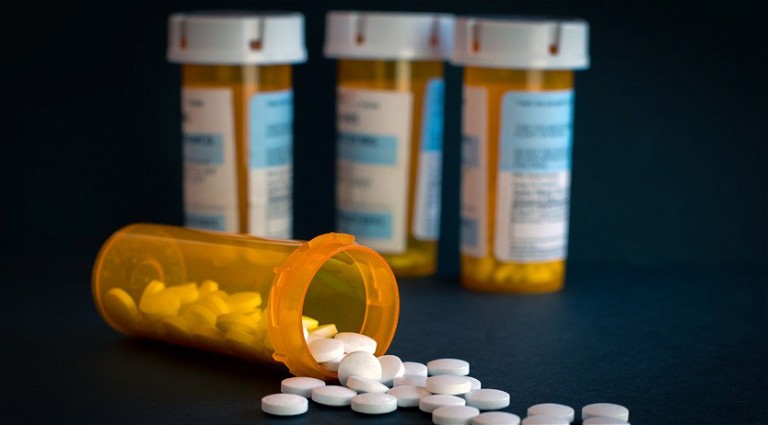Research & Development
National Institutes of Health awards grant for gammaCore clinical

Bioelectronic medicine and wellness company electroCore has announced that the National Institute on Drug Abuse (NIDA), part of the National Institutes of Health (NIH), has awarded Emory University and the Georgia Institute of Technology, both US, a three-year, $6m grant as part of the NIH Helping to End Addiction Long Term (HEAL) Initiative.
This grant is intended to be used to conduct a clinical trial of gammaCore, a non-invasive vagus nerve stimulator (nVNS) treatment for patients with opioid use disorder (OUD).
Between 1999 and 2020, deaths from opioid overdoses increased 8.5-fold in the US, making this the leading cause of accidental death in the US.
The double-blind, randomised, sham-controlled study is based on the completion of a pilot study, which showed that gammaCore nVNS reduced both the psychological and physiological symptoms of acute opioid withdrawal. The trial is expected to include around 100 patients with OUD, with its primary endpoint being the peak difference in Subjective Opioid Withdrawal Score (SOWS) between nVNS and sham treatment on day two and three of the initial withdrawal period.
Dr Douglas Bremner, professor of Psychiatry and Radiology at Emery University School of Medicine and a principal investigator for the study, commented: “We are pleased to be able to proceed with a pivotal trial to define the role of nVNS as a potential treatment for opioid use disorder. While treatments exist to help patients initiate and maintain opioid withdrawal programmes, more effective options are needed.”
Peter Staats MD, chief medical officer at electroCore, added: “We applaud the effort and leadership of Dr Bremner, Dr Inan and their clinical research teams at Emery University and the Georgia Institute of Technology, as well as Dr Volkow and her team at NIDA for their support of this grant. The personal, family and financial costs of opioid addiction represent an ongoing crisis in America and nVNS could offer a safe, effective and novel way to help patients through the critical initial phase of withdrawal thereby saving them pain and distress while also saving the healthcare system significant expense.”